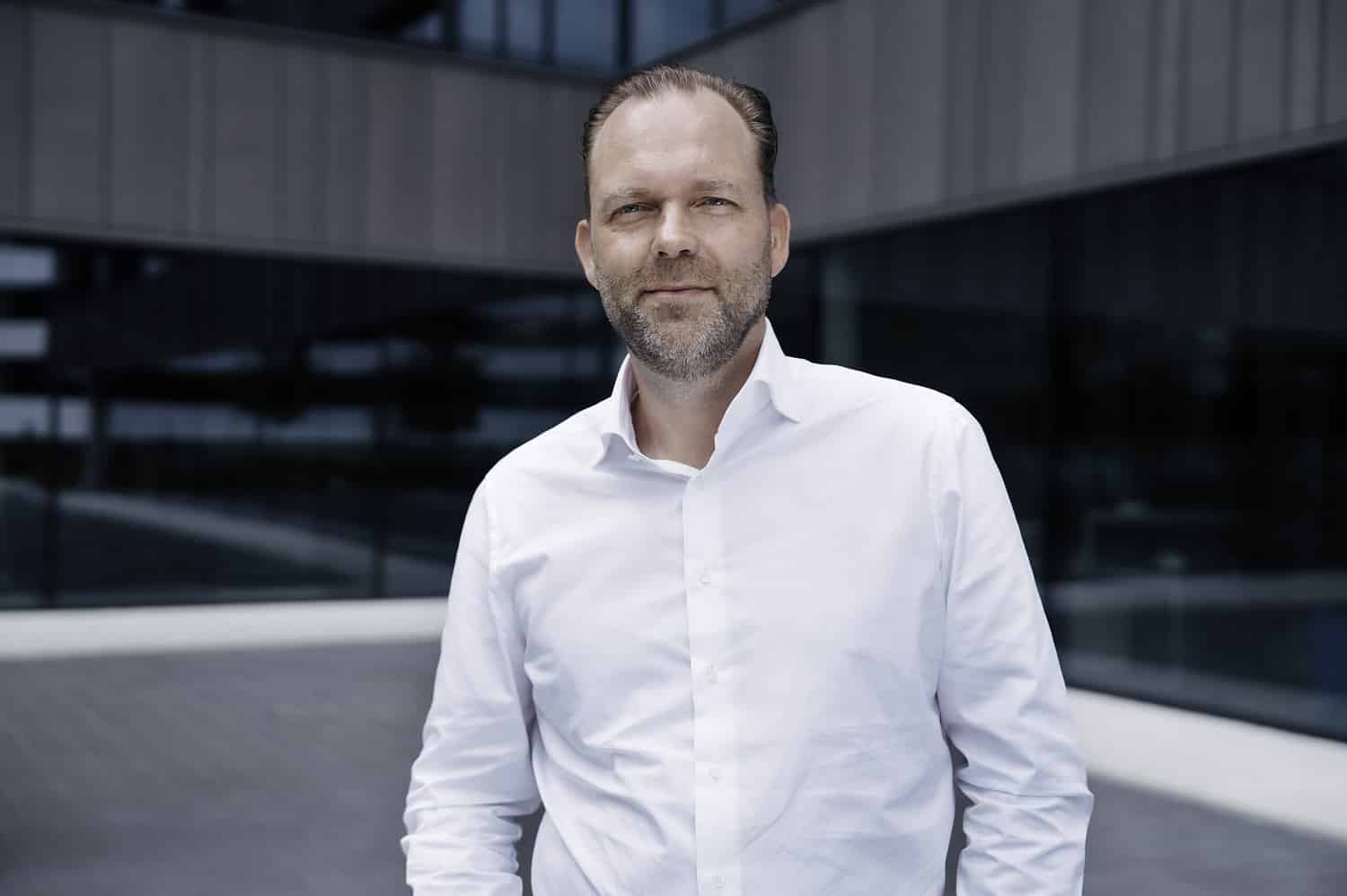With Autenti there is a new player on the Dutch market that capitalizes on RegTech (Regulatory Technology), a discipline that is attracting increasing attention. We spoke with Marco Gouw about the official launch in the Benelux. As International Sales Enterprise Director, he will be responsible for Autenti in this region. According to him, tools for compliance business processes are in high demand, with a particular focus on e-signing and e-identification.
Gouw explains that Autenti wants to provide a one-stop shop for RegTech, so companies can build what they want. E-signing, a prominent use case featured on the company’s home page, is certainly part of that. He calls this one of the pillars of the platform. For this, the platform actually provides verification technology, which can be used to verify the authenticity of an electronic signature. A user uploads a document with a signature, the platform then handles the validation.
This is done in line with eIDAS, or electronic Identification, Authentication and Trust Services. This European regulation provides a framework that ensures business-to-business interactions are done securely, quickly and efficiently. This regardless of location. The framework can be useful for financial institutions, for example. These organizations have to deal with validating transactions that sometimes involve multiple EU countries. It is then convenient to fall back on a framework.
More than e-signing
However, such regulation concerns more than just e-signing. That is why Autenti has the other pillars that make the RegTech platform as widely applicable as possible. The second component Gouw names is qualified electronic seal. With this, Autenti provides technology for an official seal that makes it easier to sign contracts internationally. It assures a user that a contract comes from the right person or company.
Another pillar, which Gouw says more or less addresses the same problem, is there with the Broker ID feature. The feature was created for verifying identities. If you look at why this is useful, for example, for financial institutions, one of Autenti’s important target groups, this solution mainly aims to provide a basis for enabling different identification methods. Identity documents, for example, can be inspected so that there is no fraud either.
Finally, a piece of business process automation can also be arranged through Autenti. This part is particularly about automating manual processes, for which some organizations or agencies still send a lot of documents now. This according to the paperless philosophy. Compared to some European countries, quite a few Dutch organizations already act more and more paperless, but as a multinational you still run into those differences. Business process automation hopes to play a role in this by making processes around employee contracts, invoicing, credit requests and leasing safer and more digital.
Why the Netherlands?
With that approach, Autenti has now built a solid base in Poland, where it has now been operating for nearly 10 years. Autenti now has about 150 employees, but there is a lot of momentum to grow further, according to Gouw. He refers to the overall growth of the RegTech market, which amounts to about 30 percent annually. “There is a lot of potential because the demand for digital tools that handle secure, fast and environmentally friendly business processes is very high. The Dutch and German markets are very similar to Autenti’s home market in Poland, so we need few product adaptations. The Belgian market has the advantage that government and business use the same standards, which creates a lot of potential for our services and market growth.”
In addition to the Benelux market, Gouw will also have responsibility for the DACH region. Initially, Poland will assist him. The people there have the necessary expertise in areas such as sales and marketing. Autenti came to him because it was looking for someone with experience in the IT world. He now walks the walk for more than 20 years, with previous employers such as Telindus, Huawei and Signicat.
The expansion into our region is the result of a recent investment round of 8.5 million euros. That money is mainly for expansion outside the Polish home market.
As far as Gouw is concerned, the strategy towards the Benelux is, for now, mainly focused on direct sales, finding local partners and offering a complete proposition for various sectors. The logical step is to focus on financial services, but also to include more sectors. For banks, insurers and leasing companies, technology related to legislation is familiar territory, but automotive, for example, is also increasingly faced with regulations, according to Gouw. If such parties start using Autenti and want to communicate about it as a case study, Gouw believes Autenti can grow sufficiently in our region.

